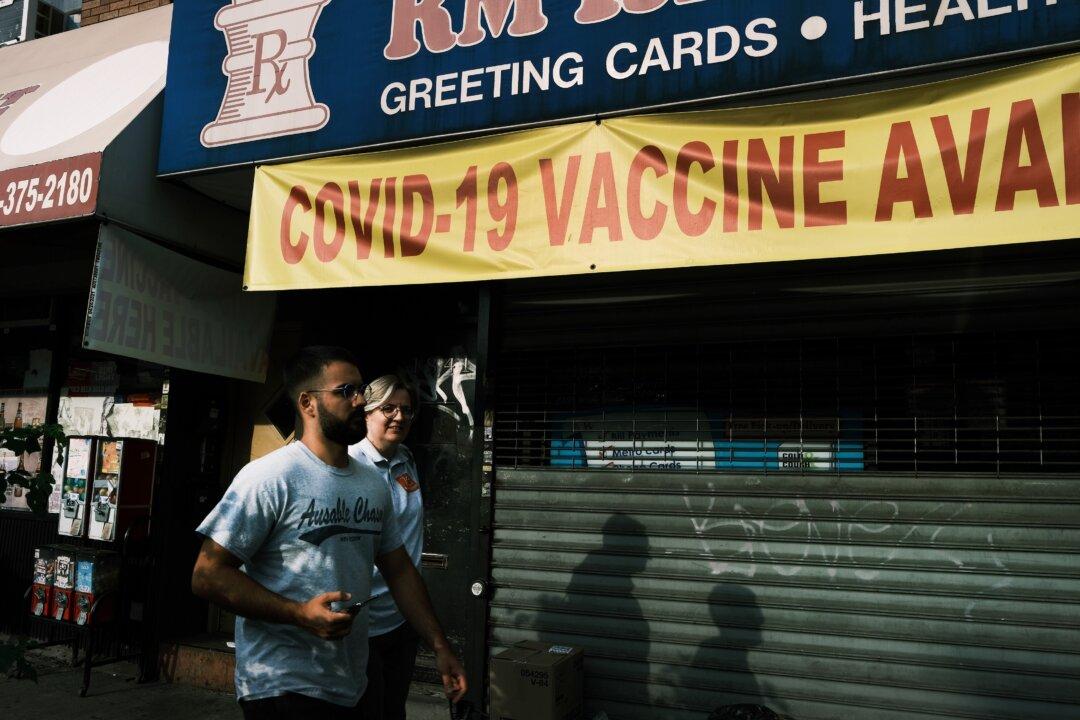Top Biden administration officials are now signaling that certain groups will need COVID-19 booster shots, a shift from earlier this month when they said the argument for boosters lacked evidence.
Government officials are “actively looking into ways” to let people who don’t have strong immune systems, or the immunocompromised, gain access to boosters, Dr. Amanda Cohn, chief medical officer of the Centers for Disease Control and Prevention (CDC), told an advisory panel last week.





